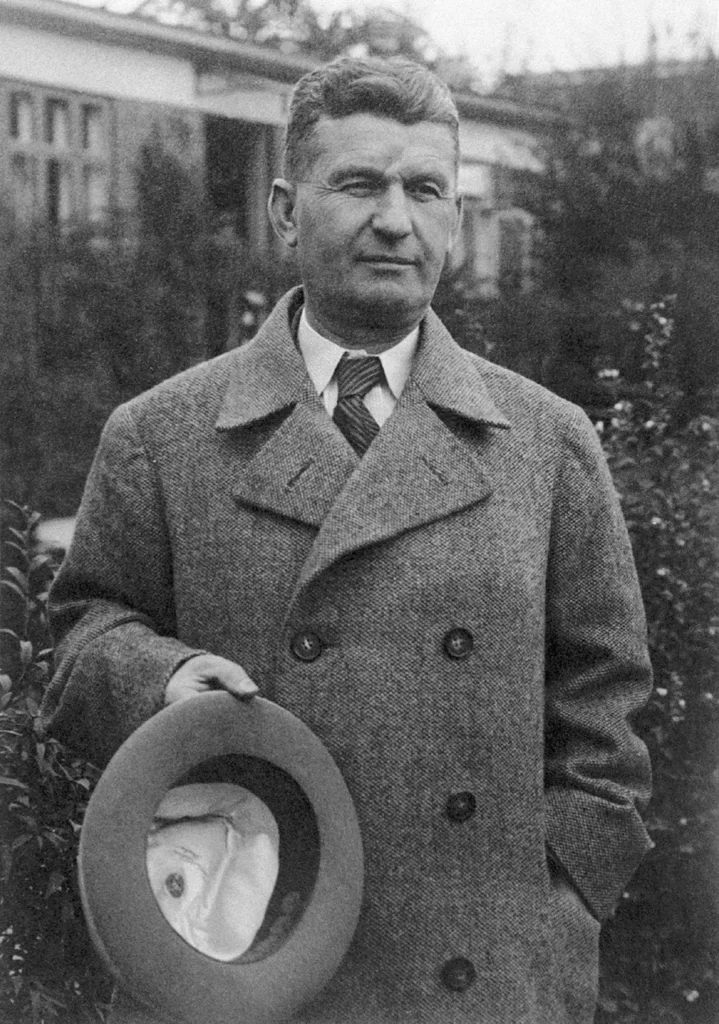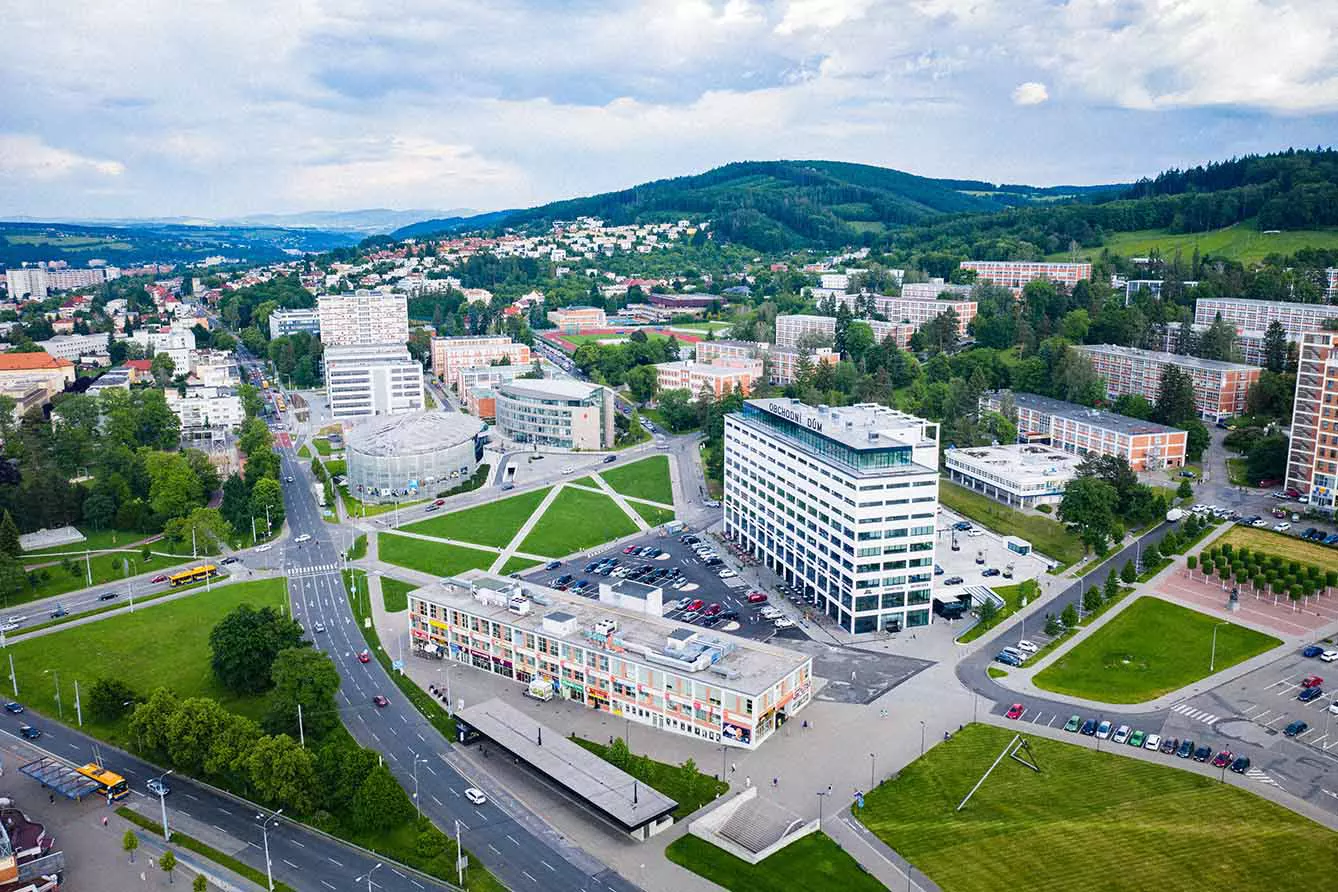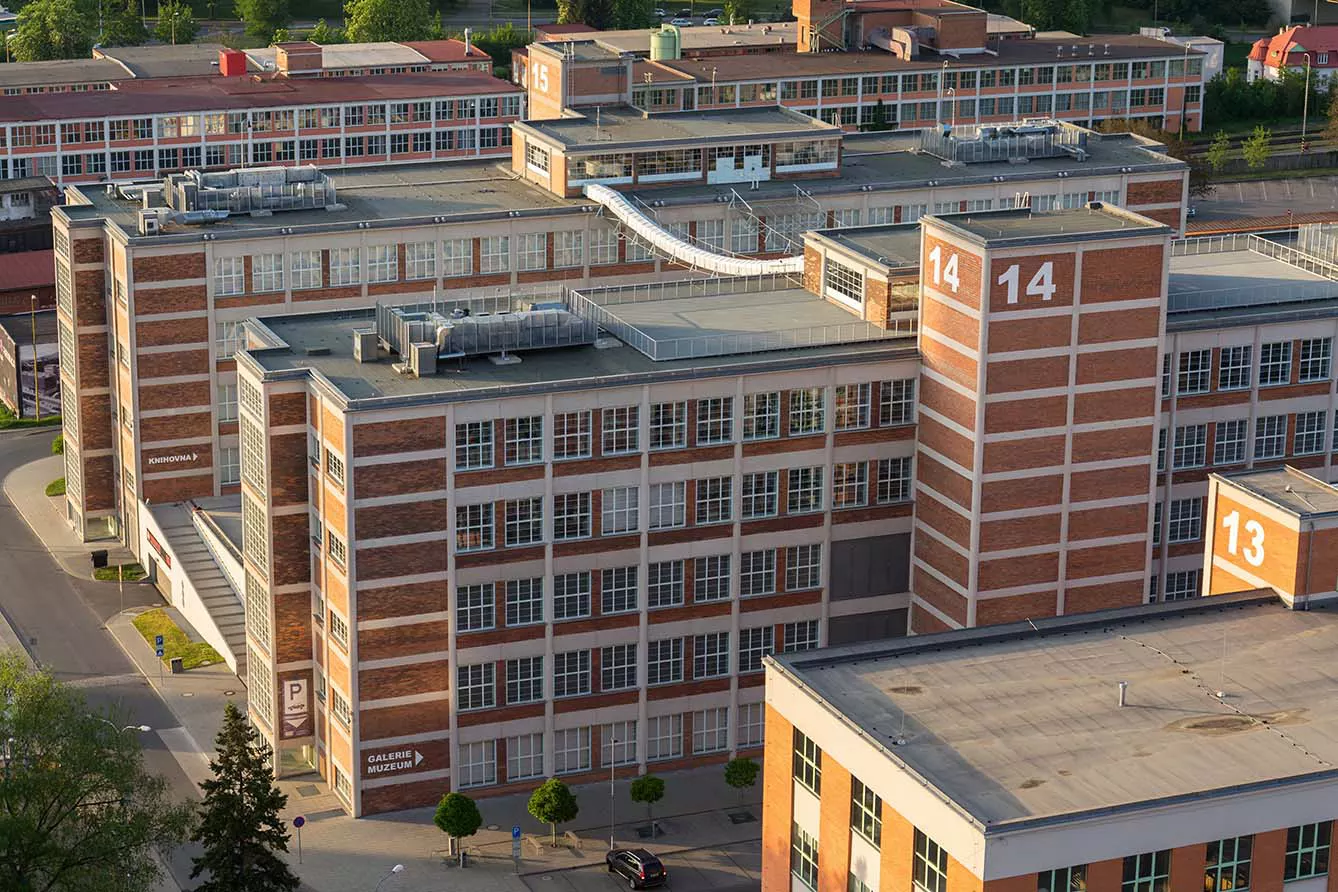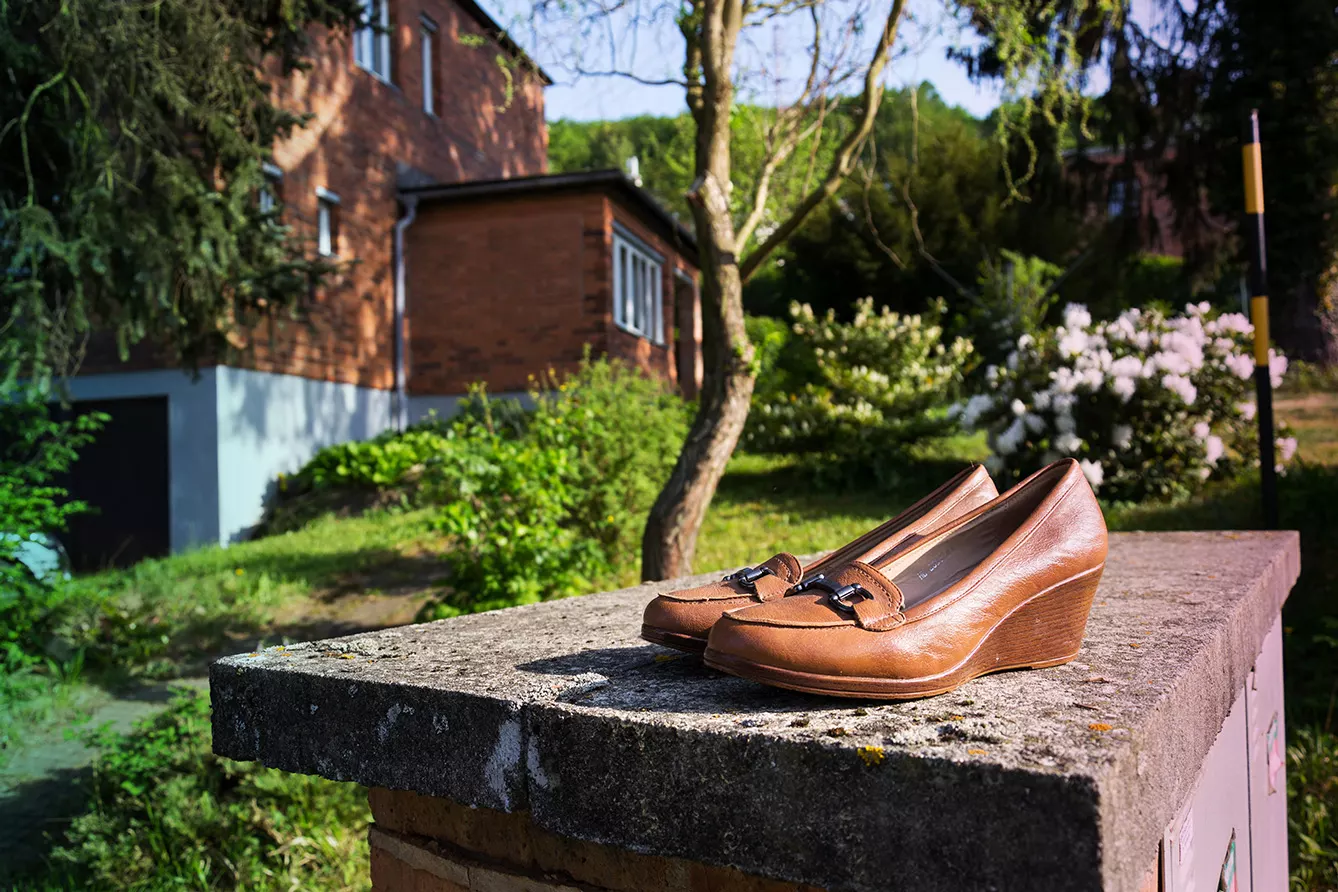
Tomáš Baťa was born 146 years ago, on 4 April 1876. Born into a shoemaking family, his fate was sealed early on. However, the real story of Baťa as a company known worldwide began in 1894, when he, his older brother, and younger sister founded a shoemaking company under their last name: Baťa.
Despite turbulent beginnings, the company consolidated itself around 1910, and the era of mass production was about to begin. Tomáš Baťa, after a six-month visit to the United States, brought back new methods to his hometown of Zlín. The events of World War I proved very beneficial for Baťa company, as the demand for shoes in general, and specifically military shoes, skyrocketed the company’s profits.
After World War I, Baťa company became a key industrial player in the newly born Czechoslovakia. During those times, Tomáš Baťa visited the USA once more, taking inspiration from Henry Ford’s factories.
The legacy of Tomáš Baťa
Let us fast forward to the current times for a moment. The legacy of Tomáš Baťa doesn’t stay in shoemaking. When a former Prime minister of Czechia, Andrej Babiš, said he wanted to run the country as a company, many people immediately saw the connection to Tomáš Baťa. And we know this slogan from other countries too. We can also take the 45th president of the United States, Donald Trump. One of his strongest arguments was bringing his business experience into public policymaking.
It was Tomáš Baťa who, in 1923, crafted the idea of transferring his business experience and organization skills into the public sphere of life. That year, he created a political party with a sole purpose: to run, win, and reconstruct Zlín into a modern, industrial city without petty politics and dirty tricks. And it worked.
He won three consecutive elections in 1923, 1927, and 1931. One of his first actions was clearing the accounting of the whole city. He created a new system that many would call “transparent” these days. This was something unheard of during his time. He also immediately lowered local taxes to draw more people into Zlín. Inevitably, many of those newcomers would end up as Baťa’s employees.


A lasting legacy
That leads us to the most important legacy of Tomáš Baťa and his company: an excellent employee care and welfare system. Every aspect of an employee’s life was taken care of. New hospital to take care of their health. Nurseries, kindergartens, and many new schools to take care of the children. Playgrounds, pools, football fields, theatres, cinemas, and many more institutions were constructed. With the sole purpose of filling the free time and helping the employees to relax.
During his second term as mayor, Baťa recreated the city once more. This time, his program was to “make the city green.” New parks, ponds, lakes, and forests were created to make the city more connected to nature.
Tomáš Baťa ran Zlín as mayor for 9 years. It was only his tragic death in 1932 that put a stop to his plans for the city of Zlín and the Czechoslovak Republic. He died as he lived: always in a hurry to push the limits further. It was a rainy day on 12 July, and Baťa was on his way to open a new shop in Switzerland. The plane he was on crashed just after takeoff due to bad weather, ending his life.
Despite his death, the company prospered under the leadership of his half-brother, Jan Antonín Baťa. Jan invested heavily into the company, which became a global brand in Europe, the Americas, and Africa. Their shoes became a worldwide hit, balancing high quality with an affordable price tag. With the inevitable start of World War II, Jan Antonín moved the company to Brazil, where it continues its operations to this day.
However, it was not only shoes that Baťa produced. Tomáš Baťa introduced a system of labor organization where employees weren’t just workers but members of one big family. And who knows what the history around World War II would have differed as rumor had it, both Tomáš and Jan Antonín thought about running for president.
Even without the Baťa brothers as presidents in the 20th century, Czechia became a prosperous, industrialized, and modern nation with a strong democracy and civil traditions. And not only that but there is also a Baťa store in almost every bigger city.







